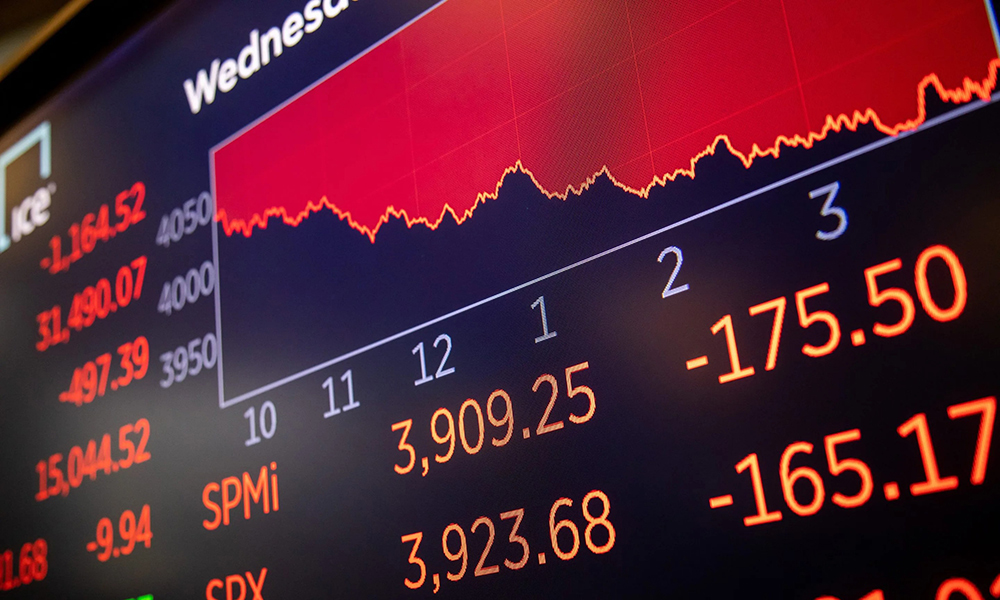
去年這個時候,我們調(diào)查的《財富》美國500強(qiáng)的CEO們都不約而同松了口氣,因為企業(yè)的利潤和營收正在從新冠疫情帶來的破壞中迅速回暖。然而,今年春天,這種回暖的溫度卻讓企業(yè)感到不適,因為它們面臨的是不斷飆升的通貨膨脹,以及物價飛漲和勞動力短缺導(dǎo)致經(jīng)濟(jì)陷入衰退的可能性越來越大。在所有受訪者中,75%的人預(yù)計下一次衰退將在2023年年底開始,只有32%的受訪者認(rèn)為衰退將于今年降臨。
CEO們表示,他們正在努力解決經(jīng)濟(jì)方程式中勞動力這一端的問題。大多數(shù)CEO認(rèn)為,人才短缺是對公司業(yè)務(wù)構(gòu)成最大威脅的因素,超過三分之二的CEO稱,本公司的員工流失率很高。大多數(shù)受訪者指出,他們正在努力通過靈活安排員工的工作方式和地點來減輕“大辭職潮”(Great Resignation)帶來的沖擊。
氣候變化和地緣政治的不穩(wěn)定性——特別是正在進(jìn)行的俄烏沖突——越來越突出,迫使企業(yè)領(lǐng)導(dǎo)者要么選擇大聲表態(tài),要么低調(diào)行事。有趣的是,雖然許多知名CEO最近表示,他們覺得自己有義務(wù)對有爭議的公共話題發(fā)聲,本調(diào)查的受訪者卻認(rèn)為,這種趨勢有點太過頭了:72%的受訪者稱,他們的CEO同行“過度參與評論”社會和政治問題了,應(yīng)當(dāng)有所克制。(財富中文網(wǎng))
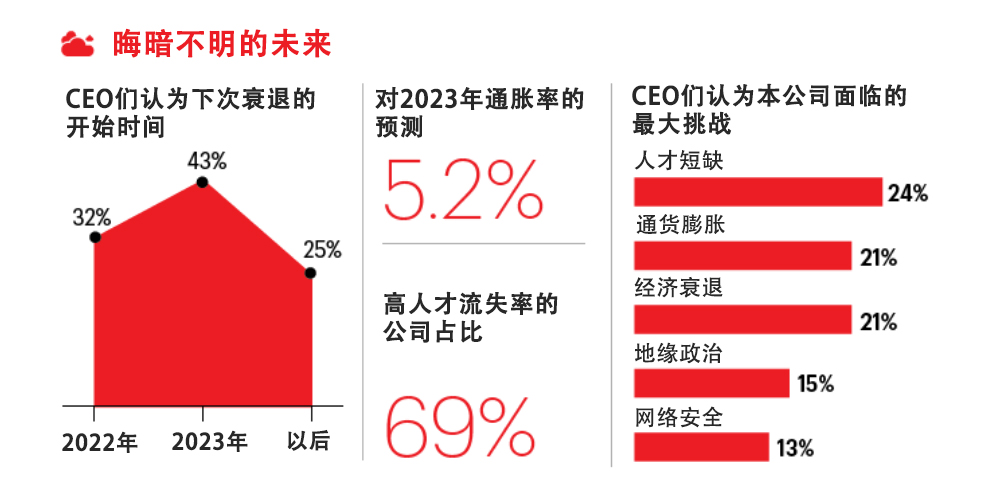
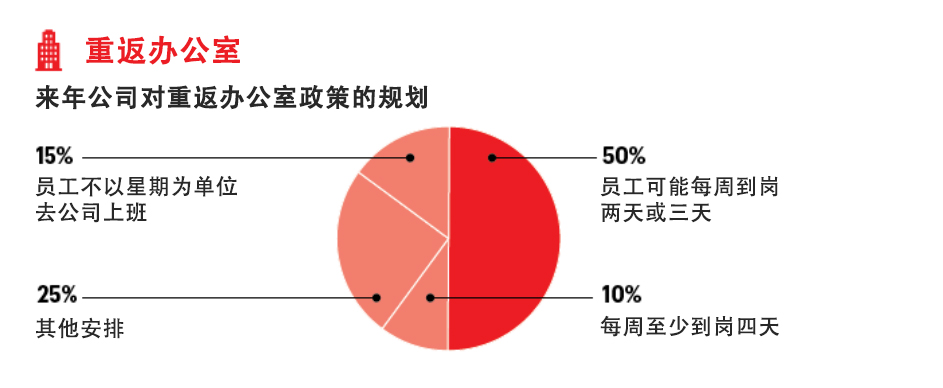
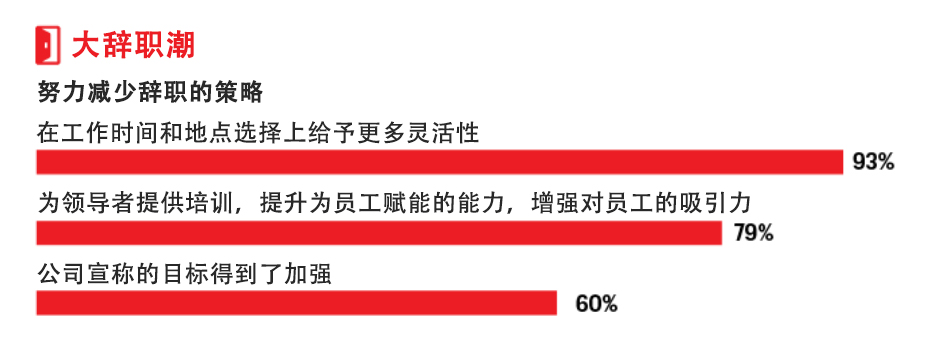

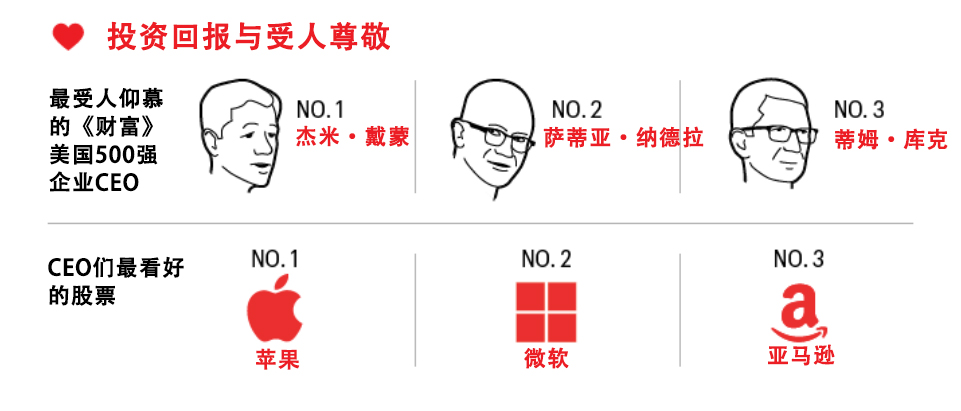
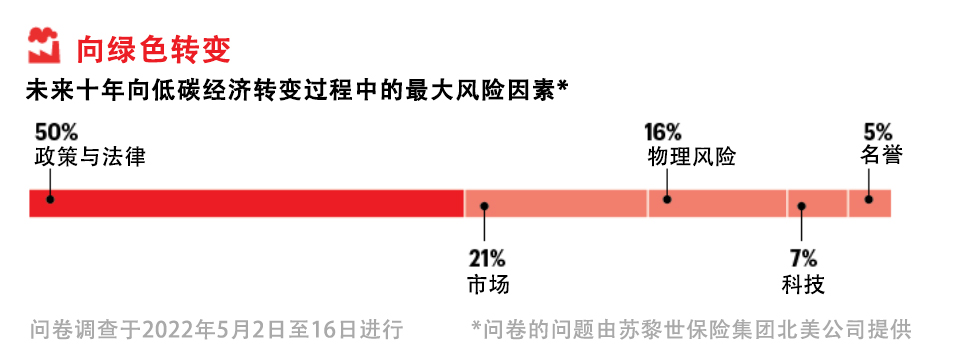
譯者:Agatha
去年這個時候,我們調(diào)查的《財富》美國500強(qiáng)的CEO們都不約而同松了口氣,因為企業(yè)的利潤和營收正在從新冠疫情帶來的破壞中迅速回暖。然而,今年春天,這種回暖的溫度卻讓企業(yè)感到不適,因為它們面臨的是不斷飆升的通貨膨脹,以及物價飛漲和勞動力短缺導(dǎo)致經(jīng)濟(jì)陷入衰退的可能性越來越大。在所有受訪者中,75%的人預(yù)計下一次衰退將在2023年年底開始,只有32%的受訪者認(rèn)為衰退將于今年降臨。
CEO們表示,他們正在努力解決經(jīng)濟(jì)方程式中勞動力這一端的問題。大多數(shù)CEO認(rèn)為,人才短缺是對公司業(yè)務(wù)構(gòu)成最大威脅的因素,超過三分之二的CEO稱,本公司的員工流失率很高。大多數(shù)受訪者指出,他們正在努力通過靈活安排員工的工作方式和地點來減輕“大辭職潮”(Great Resignation)帶來的沖擊。
氣候變化和地緣政治的不穩(wěn)定性——特別是正在進(jìn)行的俄烏沖突——越來越突出,迫使企業(yè)領(lǐng)導(dǎo)者要么選擇大聲表態(tài),要么低調(diào)行事。有趣的是,雖然許多知名CEO最近表示,他們覺得自己有義務(wù)對有爭議的公共話題發(fā)聲,本調(diào)查的受訪者卻認(rèn)為,這種趨勢有點太過頭了:72%的受訪者稱,他們的CEO同行“過度參與評論”社會和政治問題了,應(yīng)當(dāng)有所克制。(財富中文網(wǎng))
譯者:Agatha
At this time last year, the Fortune 500 CEOs we surveyed were breathing a collective sigh of relief as profits and revenues came roaring back from the ravages of the pandemic. This spring, that roar sounds uncomfortably loud, as companies cope with soaring inflation and the growing likelihood that sky-high prices and labor shortages will help tip the economy into recession. In all, 75% said they expected the next recession to begin by the end of 2023, though only 32% believed it would start in this calendar year.
CEOs say they’re working hard on the labor side of the economic equation. A talent shortage was the problem chosen by the most CEOs as the No. 1 threat to their business, and more than two-thirds said they had experienced high rates of attrition among their employees. Most say they're striving to mitigate the Great Resignation by staying flexible about how and where people work.
Climate change and geopolitical instability, especially the ongoing war in Ukraine, loom ever larger, pressuring leaders to either speak up or hunker down. Interestingly, while many leading CEOs have said recently that they feel it's their obligation to speak out on public controversies, our survey respondents feel that that trend has gone too far: 72% said that their fellow CEOs had become "too involved in commenting" on social and political issues, and should pull back.






